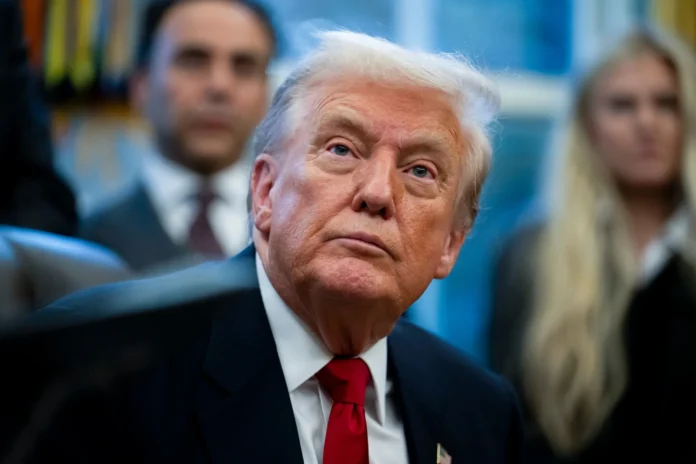President Donald Trump confirmed he signed the bill ordering the Epstein files release on Wednesday night. He highlighted the Epstein files release in his announcement and framed the measure as a turning point in the political fight over transparency. The move accelerates the Epstein files release and places new expectations on federal agencies.
Trump said he approved the legislation shortly after Congress sent it to the White House. He argued that Democrats fear new disclosures related to the late financier Jeffrey Epstein. Trump also claimed the documents distract from his policy goals and said the effort would backfire on his political opponents.
Congressional aides said lawmakers delivered the bill to the White House late Wednesday afternoon. Soon after, Attorney General Pam Bondi faced questions about the administration’s plan to publish the records. She said her team released more than 33,000 documents to Congress so far. She also promised continued transparency while urging victims to come forward.
Bondi announced a renewed Justice Department investigation last week. She said fresh information prompted the new review. Reporters pressed her on a prior memo that suggested no further releases or charges would occur. She declined to detail the new material but emphasized compliance with federal disclosure rules.
Sources familiar with the process said the Justice Department is unlikely to release the entire trove. Some materials may remain secret due to ongoing investigations or executive privilege. The legislation requires the government to publish records tied to Epstein, Ghislaine Maxwell, and other individuals linked to past civil or criminal matters. It also shields victims’ identities and any sensitive evidence.
The Senate approved the bill by unanimous consent on Wednesday morning. House Speaker Mike Johnson expressed surprise that the chamber made no revisions. He said he previously raised concerns about the bill’s structure but accepted the Senate’s decision. He added that he does not expect Trump to block the measure.
Democratic leaders warned Trump against selective disclosures. They insisted that the law demands full transparency. They also said they will hold the administration accountable if the release appears incomplete. Republican lawmakers said they expect a swift rollout once agencies receive instructions.
Senators from both parties noted the Justice Department must balance transparency with victim protection. They said some grand jury materials may require extra review. However, they expect federal officials to manage those decisions responsibly.
Lawmakers predicted the documents would reach the public despite ongoing disputes. They said any future delays must include clear explanations. They also believe the disclosures will eventually provide clarity after years of uncertainty surrounding the case.
For more updates, visit DC Brief.


